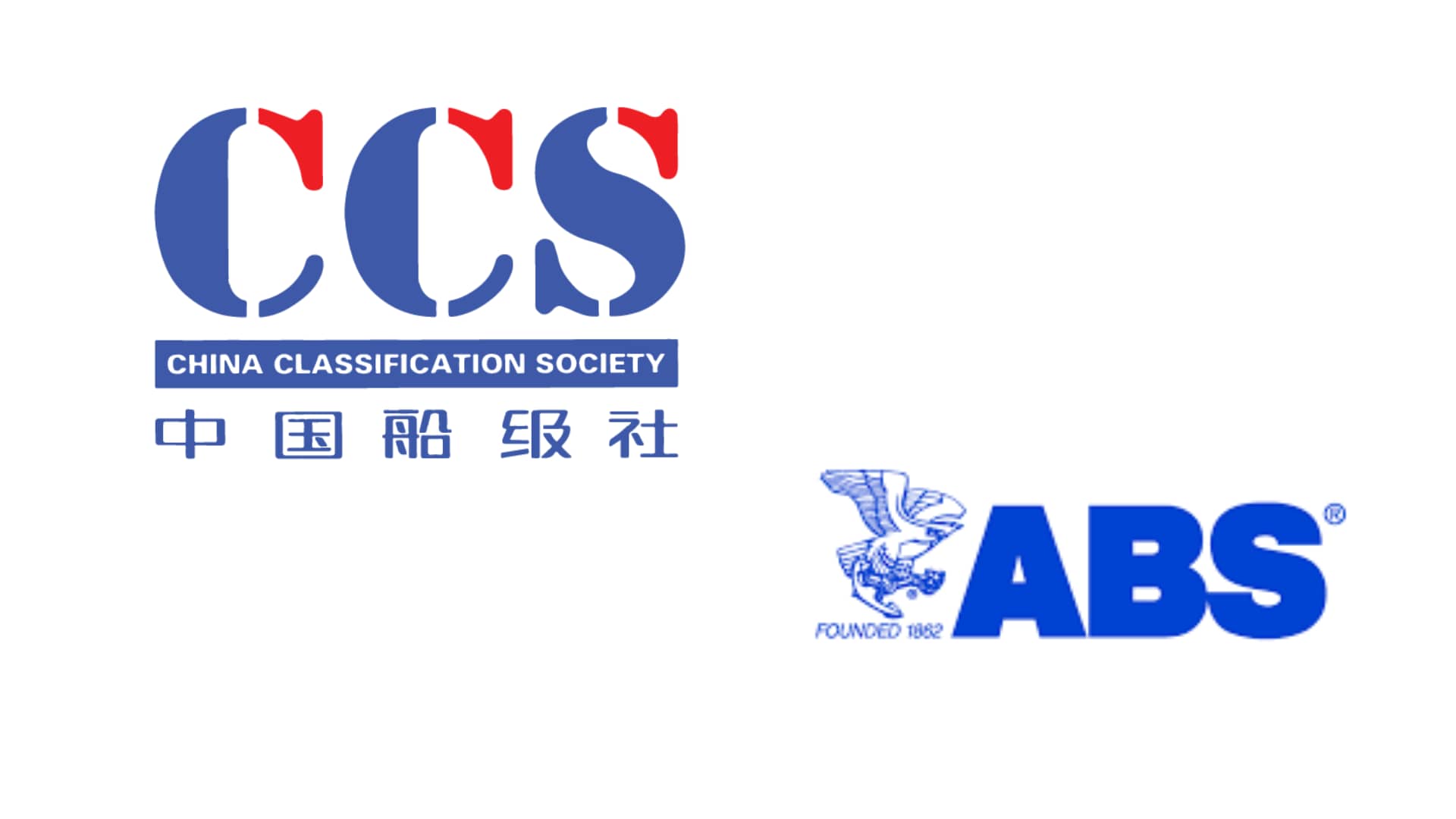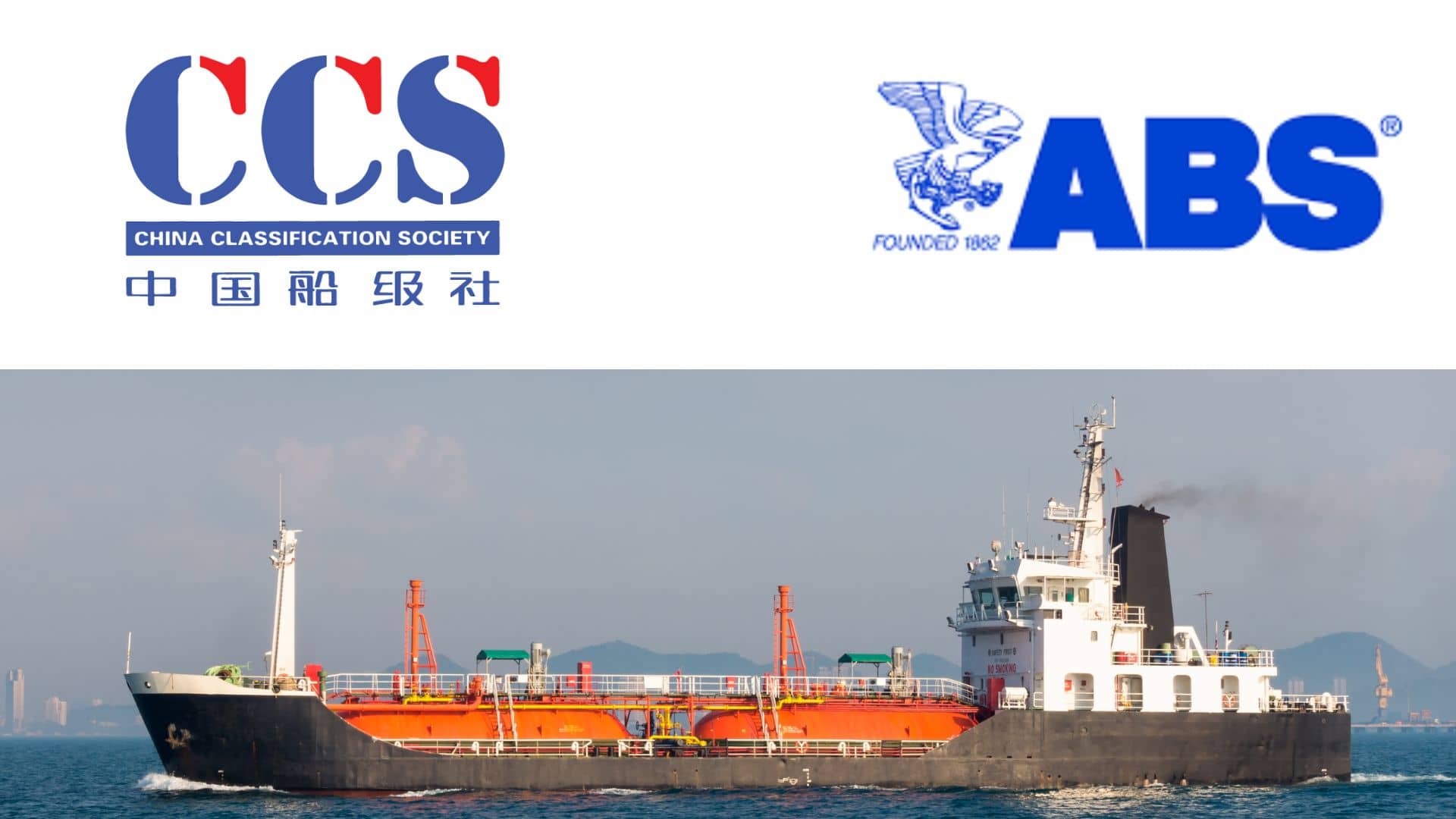Public Address and General Alarm (PAGA) and Page Party systems are integral for ensuring the safety and coordination of crew members, especially in critical situations. Two prominent certification bodies that provide necessary approvals for these systems are the American Bureau of Shipping (ABS) and the China Classification Society (CCS).
When it comes to safety and communication systems on maritime vessels, obtaining proper certifications is crucial for compliance and operational efficiency. Let's explore the process of obtaining ABS and CCS certifications for PAGA and Page Party systems, outlining the steps, documentation, and technical requirements involved.

Understanding ABS and CCS Certifications
ABS and CCS are classification societies that set standards for the design, construction, and operational maintenance of ships and offshore structures. Both organizations ensure that safety, security, and environmental regulations are adhered to, protecting human life and property at sea.
ABS is a globally recognized classification society, particularly influential in North America.
CCS holds significant authority in the Asian maritime industry, especially in China.
Certifications from these organizations demonstrate compliance with stringent safety and technical regulations, ensuring that PAGA and Page Party systems meet international maritime standards.
Steps to Obtain ABS and CCS Certification for PAGA and Page Party Systems
System Design Review Before applying for certification, ensure that the design of your PAGA and Page Party systems complies with the technical and safety standards outlined by both ABS and CCS. This includes:
System Redundancy: Ensure that the systems provide redundancy, especially for emergency alarms, allowing seamless operation even in case of component failure.
Sound and Coverage: The systems must have adequate sound levels and full coverage throughout the vessel or offshore installation. This is typically achieved through sound modeling and coverage studies.
Interfacing: Both PAGA and Page Party systems should interface with other safety systems such as fire alarms, emergency shutdowns, and navigational aids.
Submission of Documentation
Both ABS and CCS require detailed documentation, including:
System Layout Diagrams: These should illustrate component locations, wiring, and coverage zones.
Technical Specifications: Detailed specs of the equipment, including power ratings, environmental resilience (e.g., waterproofing, temperature tolerance), and explosion-proof certifications (where applicable).
Compliance Reports: Proof that the system components adhere to relevant standards, such as IEC 60945 for marine equipment and other applicable international codes.
System Testing and Validation
ABS and CCS mandate rigorous testing to ensure the reliability and performance of the systems in real-world conditions. Testing may include:
Audibility Tests: Ensuring that alarms and voice announcements are audible in all designated areas.
Environmental Tests: Verifying that the system operates effectively in extreme maritime environments, including humidity, vibration, and salt exposure.
Redundancy Tests: Demonstrating that the system remains operational during power failures or hardware malfunctions.
Onboard Survey and Inspection
After submitting the required documentation and testing reports, both ABS and CCS conduct an onboard survey. This involves:
Physical Inspection: An ABS or CCS surveyor will assess the installation to ensure it meets the design and safety requirements.
Operational Tests: The surveyor will witness and verify system functionality, including PAGA system performance and emergency alarm operations.
Compliance Verification: The systems will be checked for compliance with other onboard safety systems, such as fire detection and communication systems.
Key Considerations for Certification
Component Certifications:
Ensure that all system components, such as amplifiers, microphones, speakers, and wiring, are certified for marine use. This includes IECEx or ATEX certifications for hazardous environments.
Remote Support and Compliance:
Many maritime vessels rely on remote support services for system configuration and troubleshooting. Ensure that your system is configured for easy remote access for updates and technical support during both the certification and operational phases.
Ongoing Compliance
Both ABS and CCS certifications may require periodic renewals, inspections, and audits to maintain compliance. Keep detailed records of any system upgrades, maintenance, and operational tests.
Talk to the Experts
Achieving ABS and CCS certification for PAGA and Page Party systems is a vital step in ensuring the safety and operational reliability of communication systems aboard maritime vessels. For a smoother approval process, it's recommended to work closely with experienced engineers and support services that specialize in maritime communications and system integration.

